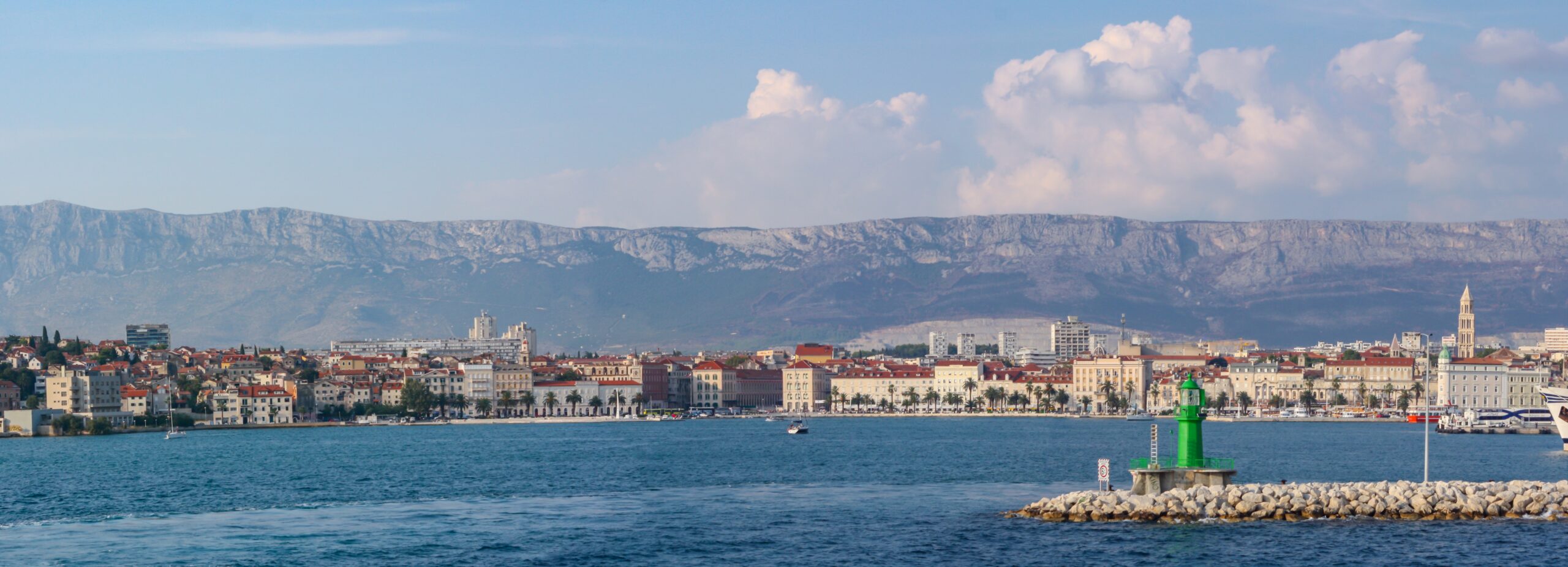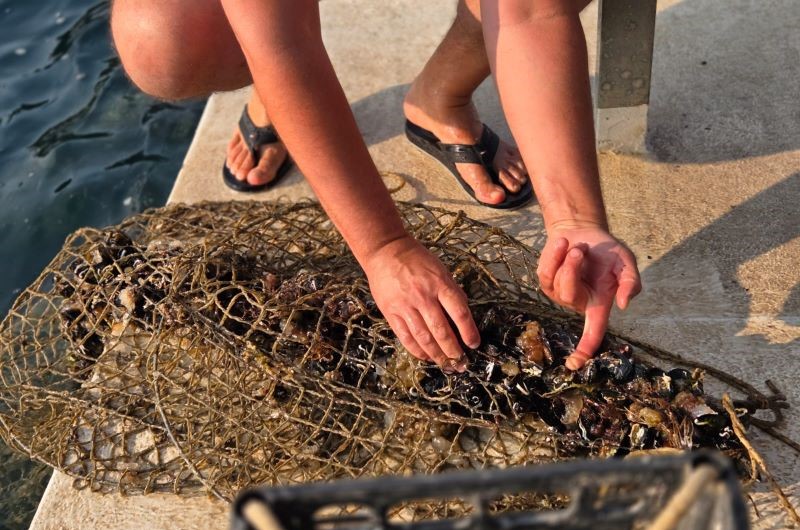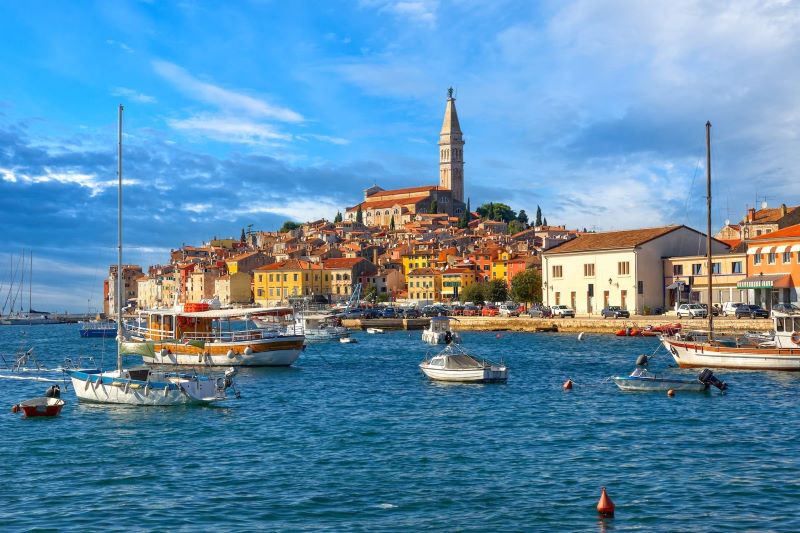
What we do
So, how do we plan to accelerate the shift toward more sustainable aquaculture?
We’re building on past EU-funded projects by using previously identified natural materials to create and test aquaculture nets in both lab and real-world settings. With successful results, we’ll develop four types of tailored training materials for different stakeholder groups. In each participating country, we’ll map key players in aquaculture and sustainability – such as research institutions, NGOs, local authorities, and businesses – and engage them through targeted presentations and training. Motivated individuals will be invited to join local Living Labs, where they’ll receive year-long support to adopt sustainable practices and strengthen local cooperation.
Initiation Phase – Setup, Research & Capitalisation

In this phase, we’re laying the groundwork for AquaBioNets by gathering and upgrading knowledge in sustainable aquaculture. We do this through capitalising on previous EU project results, conducting research and testing, and monitoring environmental impact. This ensures we’re building on proven practices and delivering the most relevant insights to our stakeholders. The work also includes setting up project frameworks and raising awareness among local and regional actors.
Empowering the 5helix – Connect, Train & Educate

This work package focuses on educating and connecting key stakeholders across the 5helix model – including universities and research organisations, SMEs, public institutions, and civil society – through tailored training sessions in six Mediterranean countries. Using the Living Lab approach, we aim to build local capacity and foster collaboration around sustainable aquaculture. The activities are based on findings from WP1 and adapted to national contexts and stakeholder needs, setting the stage for hands-on implementation in WP3.
Towards Sustainable Aquaculture Policies

The third phase of AquaBioNets focuses on co-designing and testing policy solutions for sustainable aquaculture. Building on the knowledge and capacity developed earlier, this phase supports the implementation, improvement, evaluation, and sharing of best practices identified through transnational cooperation. WP3 ensures active involvement of 5helix stakeholders, encouraging them to adapt, apply, and communicate improved solutions while expanding the network of engaged actors across and beyond the participating regions.

